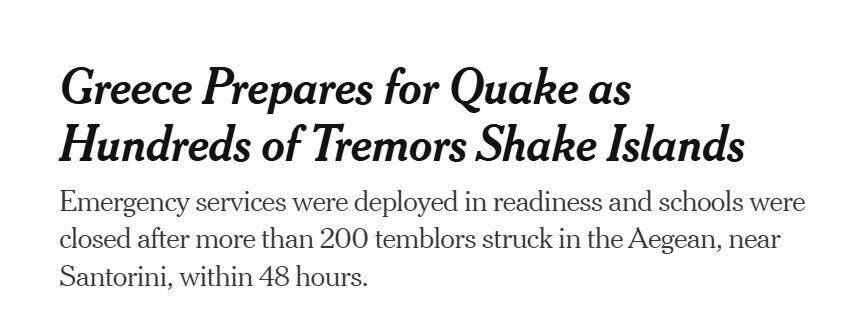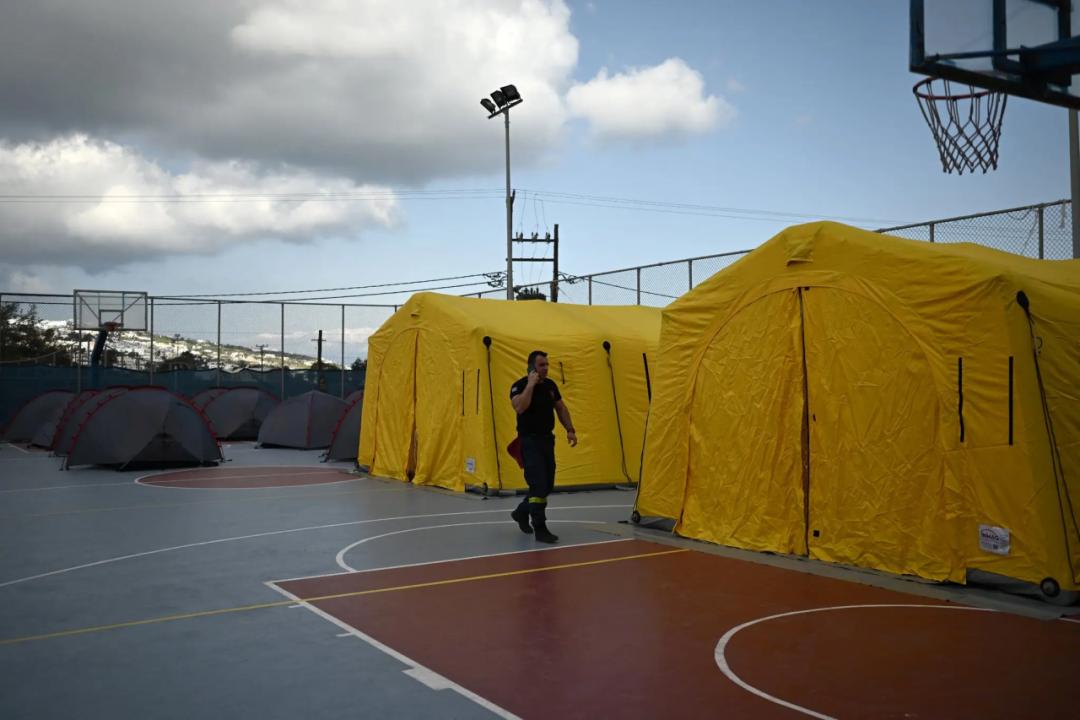
dormant adj. 英 /ˈdɔːmənt/;美 /ˈdɔːrmənt/
(Of a plant, seed, or animal) inactive or in a state of suspended growth.
(植物、种子或动物)休眠的、蛰伏的
(Of a feeling, quality, or ability) present but not yet active or developed.
(情感、品质或能力)潜在的、未显现的、暂时搁置的
Etymology 词源
源自拉丁语 “dormire”(意为 “to sleep”,即 “睡觉”),经由中古法语 “dormant” 传入英语,核心语义围绕 “暂时停止活动、如同睡眠般的状态” 演变而来。
Collocations 固定搭配
dormant period 休眠期
dormant ability/talent 潜在能力 / 天赋
lie dormant 处于休眠状态、潜伏
remain dormant 保持休眠
Examples 例句
e.g. Some animals enter a dormant period to survive the cold winter.
一些动物会进入休眠期以度过寒冷的冬天。
New York Times


The word dormant has appeared in 277 articles on NYTimes.com in the past year, including on Feb. 3 in “Greece Prepares for Quake as Hundreds of Tremors Shake Islands” by Niki Kitsantonis:
过去一年里,“dormant” 一词已在《纽约时报》网站的 277 篇报道中出现,其中包括 2 月 3 日尼基・基桑托尼撰写的《数百次地震扰动岛屿,希腊严阵以待防地震》一文:
The measures were precautionary, Greece's civil protection minister, Vassilis Kikilias, said on Sunday, but he urged citizens to "strictly follow safety recommendations to minimize risk."
希腊民事保护部长瓦西利斯・基基利亚斯周日称,这些措施均为防范性举措,但他同时敦促民众 “严格遵守安全建议,尽可能降低风险”。
The extent of that risk was unclear, with some experts playing down the potential for a major earthquake and stressing that the seismic activity was not linked to a dormant volcano on Santorini.
此次风险的实际影响范围尚不明确:部分专家淡化了发生大地震的可能性,并强调此次地震活动与圣托里尼岛的一座休眠火山并无关联。







